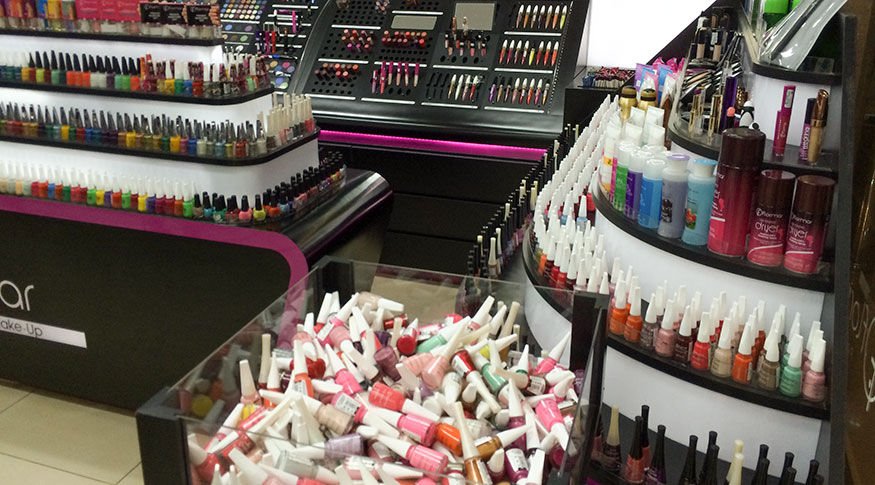Monthly Survey of Trade
Sales increase 0.3% in March and trade ends first quarter on the rise
May 09, 2019 09h00 AM | Last Updated: May 09, 2019 05h32 PM

Retail sales volume increased 0.3% in March, im comparison with the previous month, after stability of trade in February. As a result, the first quarter closed the year on the rise, with 0.3% against the same period a year ago, according to the Monthly Survey of Trade, released today by the IBGE.
The survey manager, Isabella Nunes, says the recorded increase is still very close to stability “There is some dynamism in trade, but it is compatible with the modst evolution of the labor market, and that it affects activities that depend on income,such as basic purchases”.
The positive result was influenced by hikes in the sectors of pharmaceuticals, medical anrticles and cosmetics (1.4%) and other personal articles (0.7%). Sales of office , computer and communication equipment (2.9%), of lower weight on the survey, close the positive contributions. Five of the eight activites surveyed, nevertheless, recorded decreases.
Against March 2018, the volume of trade sales fell by 4.5%, the worst result since December 2016, with a decrease in six of the eight activities. The main negative impact came fom supermarkets, food products and tobacco, which decreased by 5.7%. That was the most significant decrease since March 2017 and the first negative rate after almost two years. The sector also accounted for the main negative contribution in the month, against February, -0.4%.
Isabella explains that the Carnival holiday influenced the behavior of retail sales as a whole, in the year-on-year comparison: "there is an umbalance, since we are comparison revenues measured in March 2019 with those of March 2018, which had two business days more. That certainly results in calendar effect”.
Sales in supermarkets were damaged by the Easter's holiday, which recorded a change from March to April. According to te manager of te survey, since the holiday this year was on the 21, many purchases took place in the same month of the survey, and those will be coming in next month's release. “Last year, the holiday was on April 1st, so the suvey managed to include Easter sales in March”, Ms. Nunes explains.
Besides the calendar effect, inflation, measured by the IPCA, is higher for hypermarkets, in comparison with March 2018. “That pressure from prices may also account for the negative result of the sector”.
Extended retail, which encompasses vehicles and construction material, recorded an increase of 1.1% against February. That helped the quarter end with 2.3% of increase, against the same quarter in 2018. In comparison with March last year, extended retail fell by 3.4%, the first negative rate after twenty-two months of increase.




















